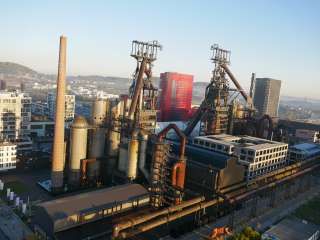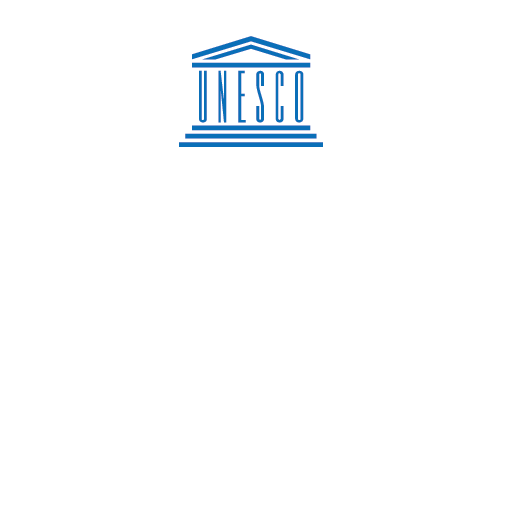The Man and the Biosphere Programme predicts the consequences of today’s actions on tomorrow’s world and thereby increases people’s ability to efficiently manage natural resources for the well-being of both human populations and the environment.
Launched in 1971, UNESCO’s Man and the Biosphere Programme (MAB) is an Intergovernmental Scientific Programme that aims to establish a scientific basis for the improvement of relationships between people and their environments. MAB combines the natural and social sciences, economics and education to improve human livelihoods and the equitable sharing of benefits, and to safeguard natural and managed ecosystems, thus promoting innovative approaches to economic development that are socially and culturally appropriate, and environmentally sustainable.

Minett
Located in the southern part of Luxembourg, Minett is a densely populated region with 170,000 inhabitants and over 150 nationalities and has a long history of mining and steel production. Boasting the country's largest natural reserves, a diverse population and a thriving cultural scene, the region today aims to transform its economy, reconvert parts of its industrial heritage, protect its natural environment and host hubs of science, research and innovation.
Poised to develop innovative approaches to sustainable development, the region has submitted an application for the Man and the Biosphere programme. The candidacy is coordinated by PRO-SUD and the region's 11 municipalities with the support of the MAB Committee, which includes local, regional and national stakeholders, including the University of Luxembourg, research institutes, local NGOs, the Luxembourg Commission for cooperation with UNESCO and Luxembourg's government.
Known for its biodiversity, Minett offers many opportunities to study the impact human life and work has on nature. The region is an ideal setting for a biosphere because of its natural reserves and former pit mines, its industrial history and heritage, the social, linguistic and cultural diversity of its inhabitants, its proximity to Belval university campus and national research institutes, its lively network of local initiatives, from education to culture, and its grassroots movements on issues such as urban gardening, up-cycling and circular economy.

